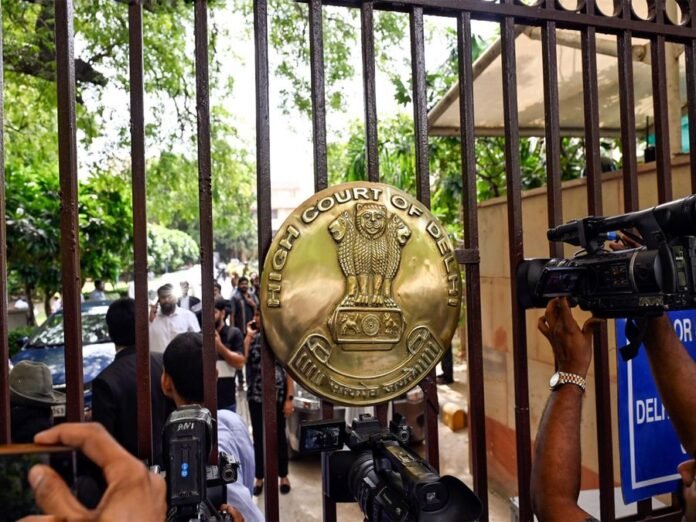The Delhi High Court has shot down a challenge against using Electronic Voting Machines (EVMs) in India’s elections, keeping the current system intact for now.
On Wednesday, a petitioner named Upendra Nath Dalai asked the court to scrap EVMs entirely and switch back to old-school ballot papers for all voting. But a two-judge bench—led by Chief Justice Devendra Kumar Upadhyaya and Justice Tushar Rao Gedela—quickly dismissed the plea.
The judges pointed out that India’s Supreme Court has already settled this debate for good. They’ve turned down similar attacks on EVMs before, and even another bench at the Delhi High Court refused to step in earlier. “With the Supreme Court’s ruling in place, and our own court’s past decision, we’re dismissing this too,” the bench said.
Dalai’s petition went big, demanding a full ban on EVMs paired with Voter Verifiable Paper Audit Trail (VVPAT) machines. He wanted elections run only on ballot papers, along with scrapping recent changes to the Election Rules of 1961 and halting the Election Commission’s Special Intensive Revision (SIR) process.
He argued that EVMs, especially with these rule tweaks, are messing up free and fair elections. Dalai claimed they violate citizens’ basic rights under Articles 14 and 21 of the Constitution and even threaten the Constitution’s core principles, as outlined in the landmark Kesavananda Bharati case.
The petitioner accused EVMs of enabling booth rigging and biased moves by the Election Commission, which he said hands wins to the ruling party and makes every vote unequal. He also brought up the Right to Information Act of 2005, insisting his case was all about public interest with no personal gain.
Stay informed on all the latest news, real-time breaking news updates, and follow all the important headlines in world News on Latest NewsX. Follow us on social media Facebook, Twitter(X), Gettr and subscribe our Youtube Channel.



